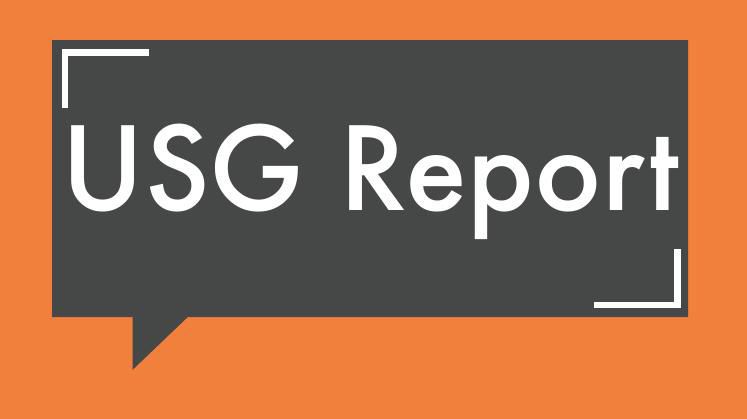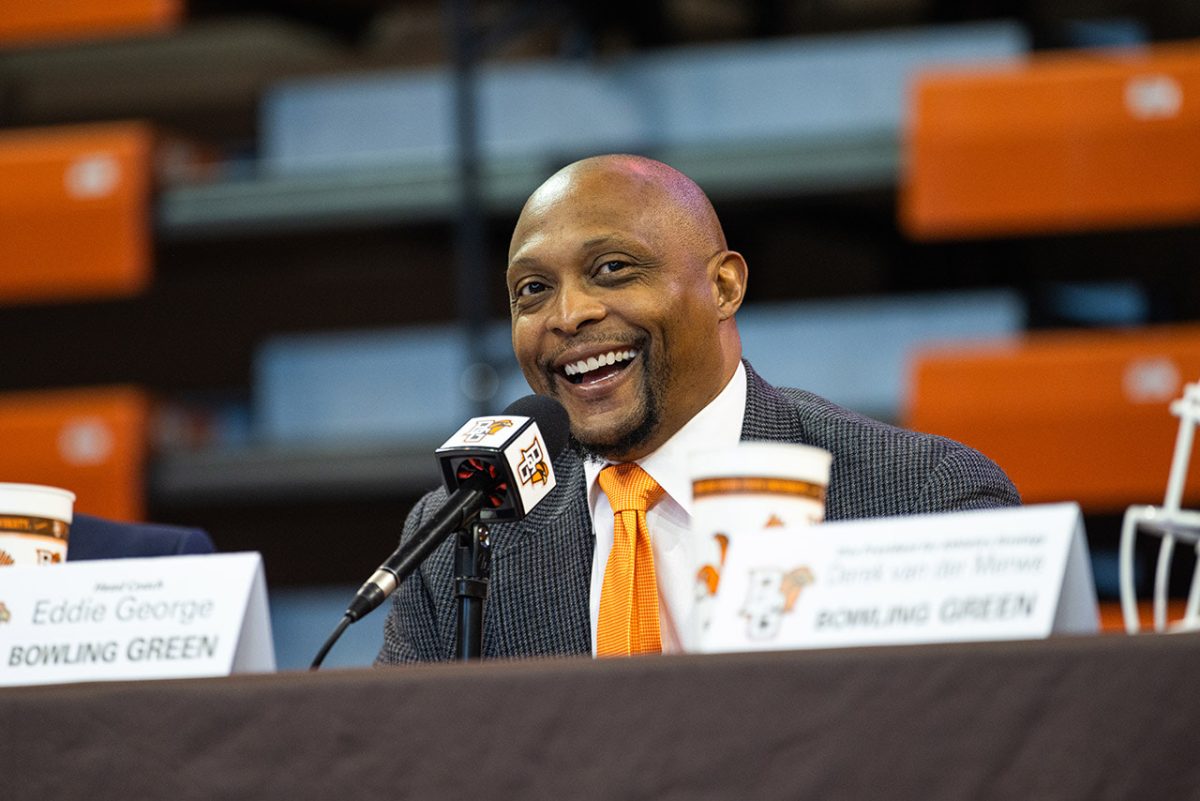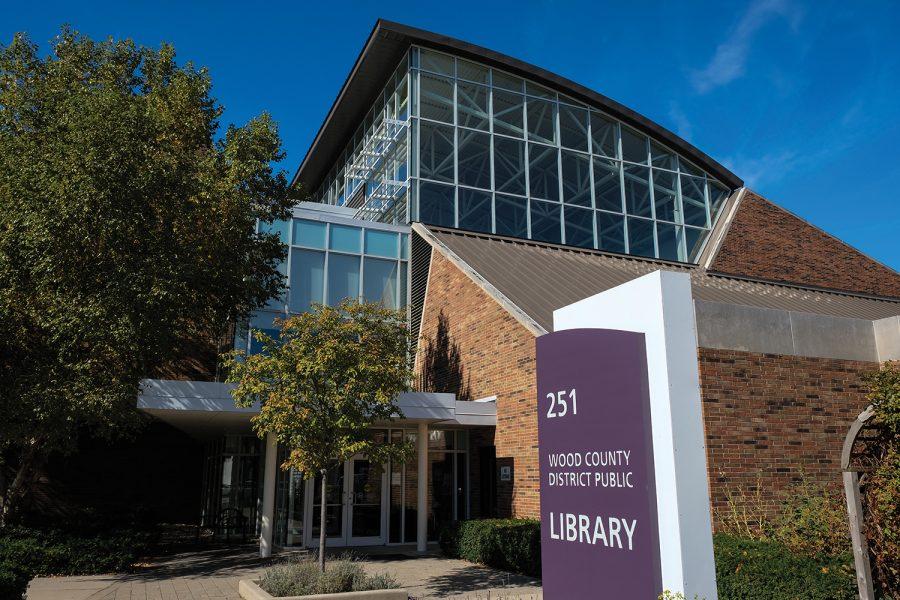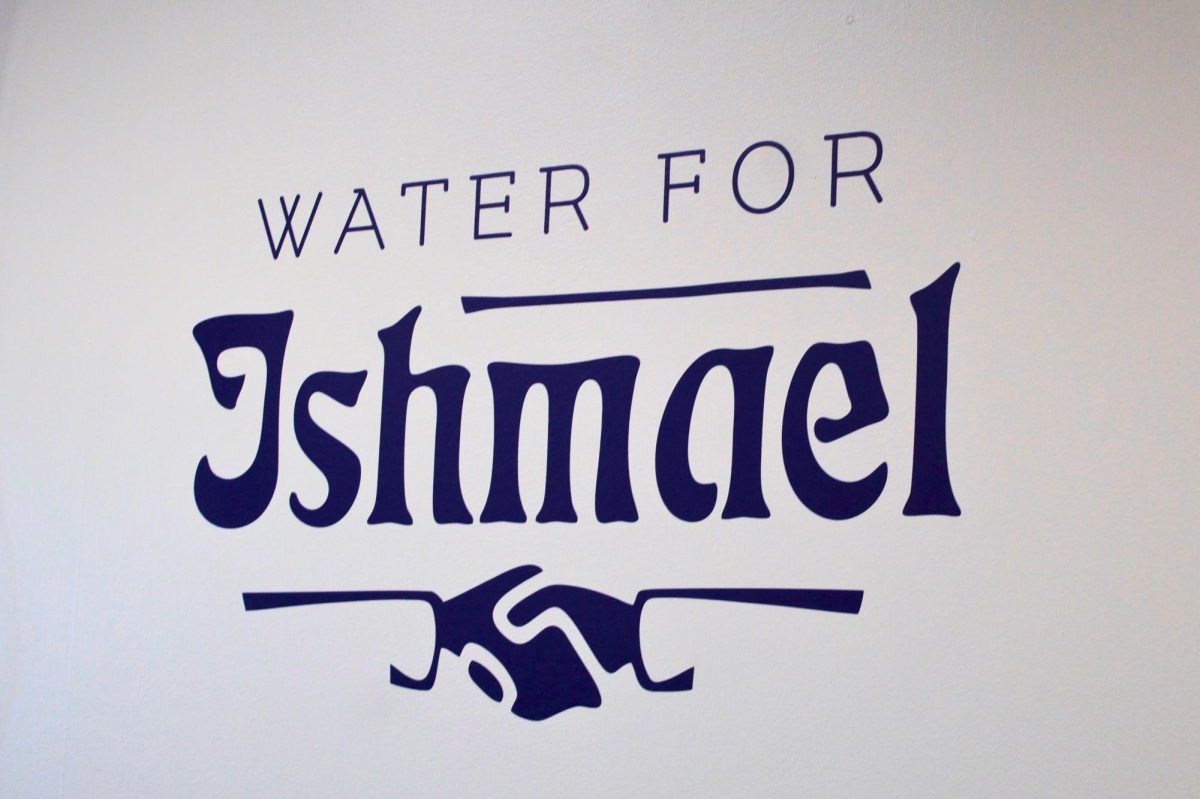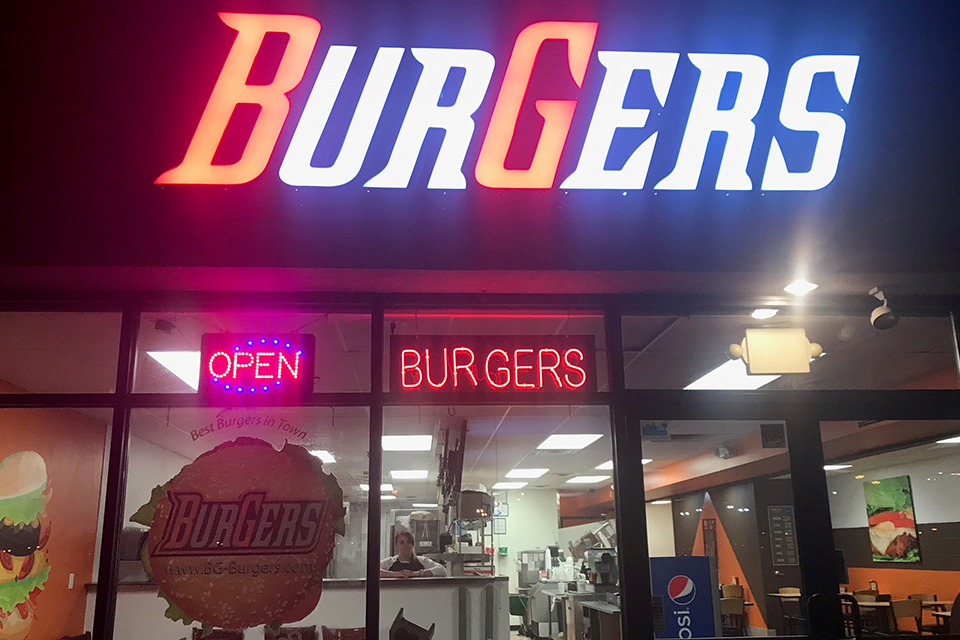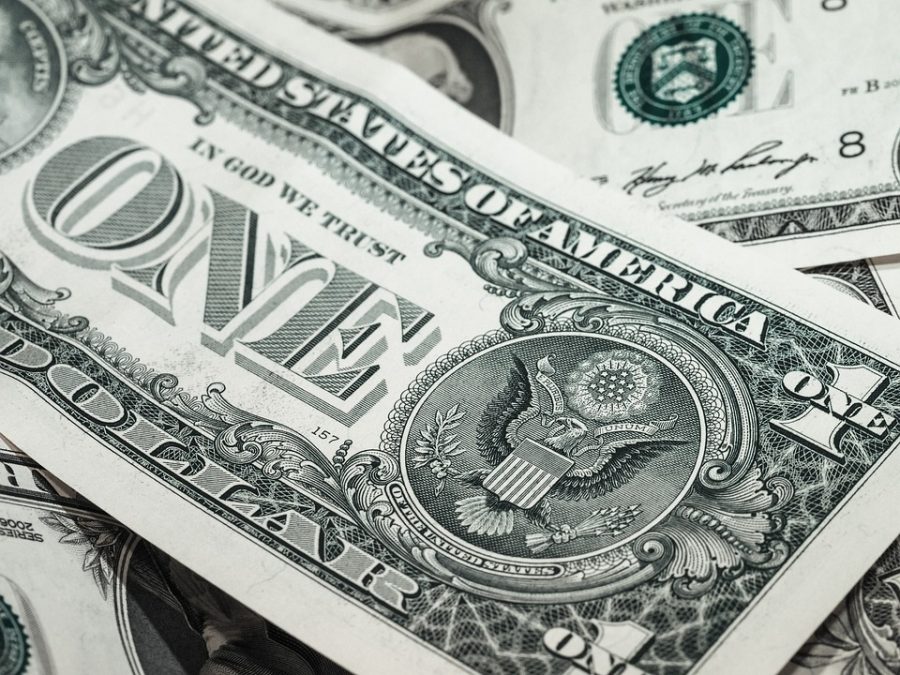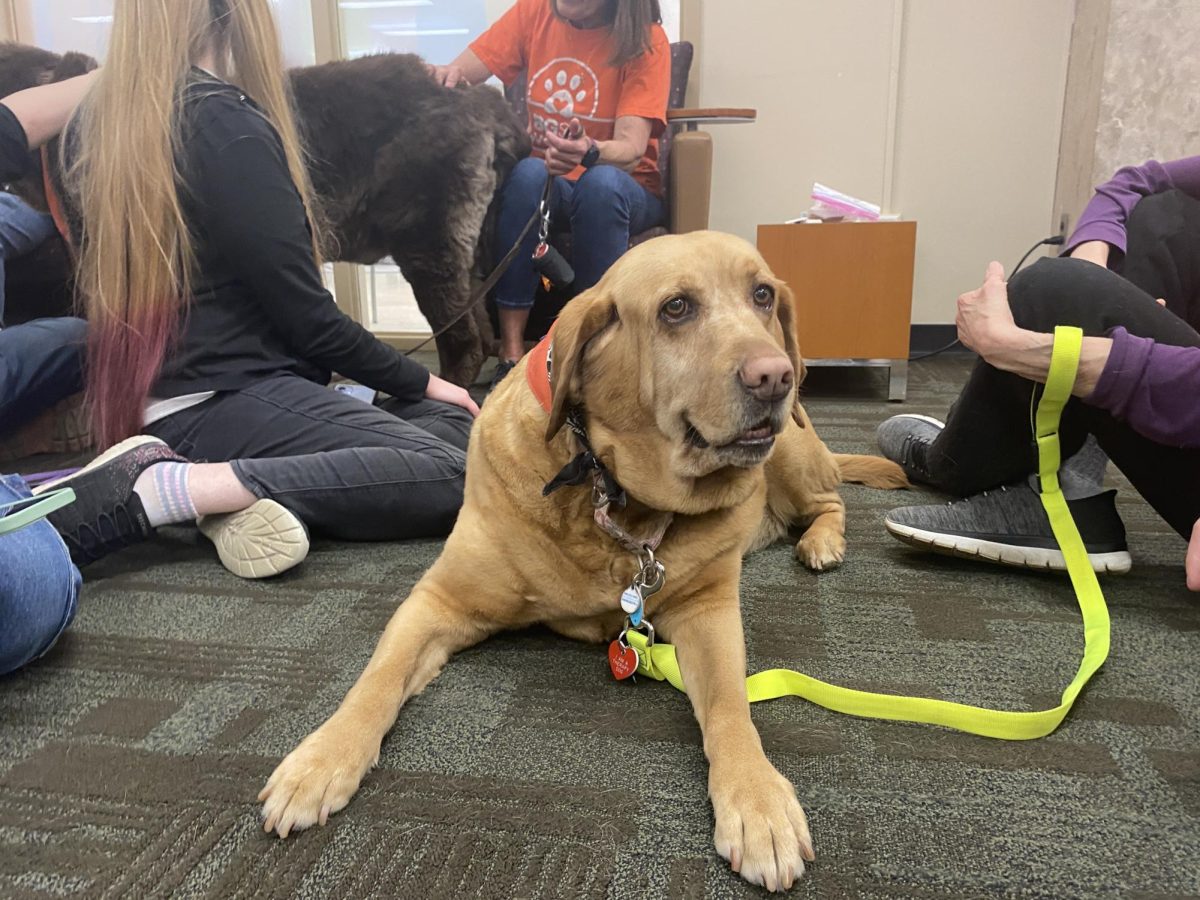In early December, the FCC repealed an Obama-era ruling that enforced regulations for net neutrality: the concept that internet service providers must not discriminate the data usage and browsing habits of internet users. Overwhelmingly, internet users have voiced their distaste in the wake of its repeal, especially younger people.
Prior to the FCC’s vote, protests erupted across many internet platforms, spanning from popular social media sites to the less-popular portions of the web-forum 4Chan. This call-to-action largely reached young people, as they make up an ever-growing portion of internet users.
Many young internet users oppose the appeal of net neutrality, like senior multi-platform journalism major Maxwell Hess.
“I think net neutrality benefits the majority of consumers and is a pain for internet service providers. It’s important, unless paying extra for the full internet experience isn’t an issue for you,” Hess said. “People should care about net neutrality as long as they enjoy freedom of expression online.”
According to the Pew Research Center, 86 percent of 18 to 29-year-old adults used the internet in 2016, and 92 percent of 13 to 17-year-old teens went online daily. The internet has evolved with younger people, and they utilize the internet more than any other age group.
Their presence in online protests is seen in a variety of ways, including: sharing petitions, representatives’ phone numbers, text-message generated letters to Congress and the House and memes raising awareness.
Junior Mike Stram, visual communication technology major, has used social media to raise awareness.
“I tried to get simplified information out there for people to read so they could understand what net neutrality is and a little bit about how it works,” Stram said. “Things like Facebook posts and just talking to your friends are great ways to spread information.”
However, net neutrality is hard to explain, especially with character limits on social media posts. Stram decided to simplify what net neutrality encompasses by using tangible examples.
“Imagine information as a tollway. If you pay the fee you can go anywhere and as fast as your car can take you without extra charges,” he said. “Without neutrality, the owners of the highway could charge you extra for using the fast lane, charge you for going to certain exits or even block exits entirely if they don’t like where they go.”
There are varying opinions about net neutrality among young people, however. John Herman, senior at Anthony Wayne High School has a different viewpoint.
“I believe that net neutrality is good, but Title II is not a good way to enforce it,” Herman said.
Title II is a portion of the Communications Act that regulates “common carriers.” Common carriers used to cover basic utilities, like electricity. The 2015 ruling on net neutrality added ISPs to the list of common carriers.
“I think that there is a major misunderstanding on what this repeal will do to the internet,” Herman said. “If the repeal goes through, the FTC (Federal Trade Commission) will still be allowed to regulate their rules for net neutrality.”
FCC Chairman Ajit Pai has become the punchline to a lot of jokes about net neutrality, essentially turning him into the “supervillain” of the internet. His past employment at Verizon Wireless has led many to label him as a ISP loyalist.
A video response Pai filmed seemed to mock several concerns internet users have about net neutrality. In the video, he listed seven things internet users can still do on the internet following the repeal. Pai’s video has 30,000 dislikes and 2,000 likes on YouTube, and the comments show a small sample of the internet’s opinions about Pai.





